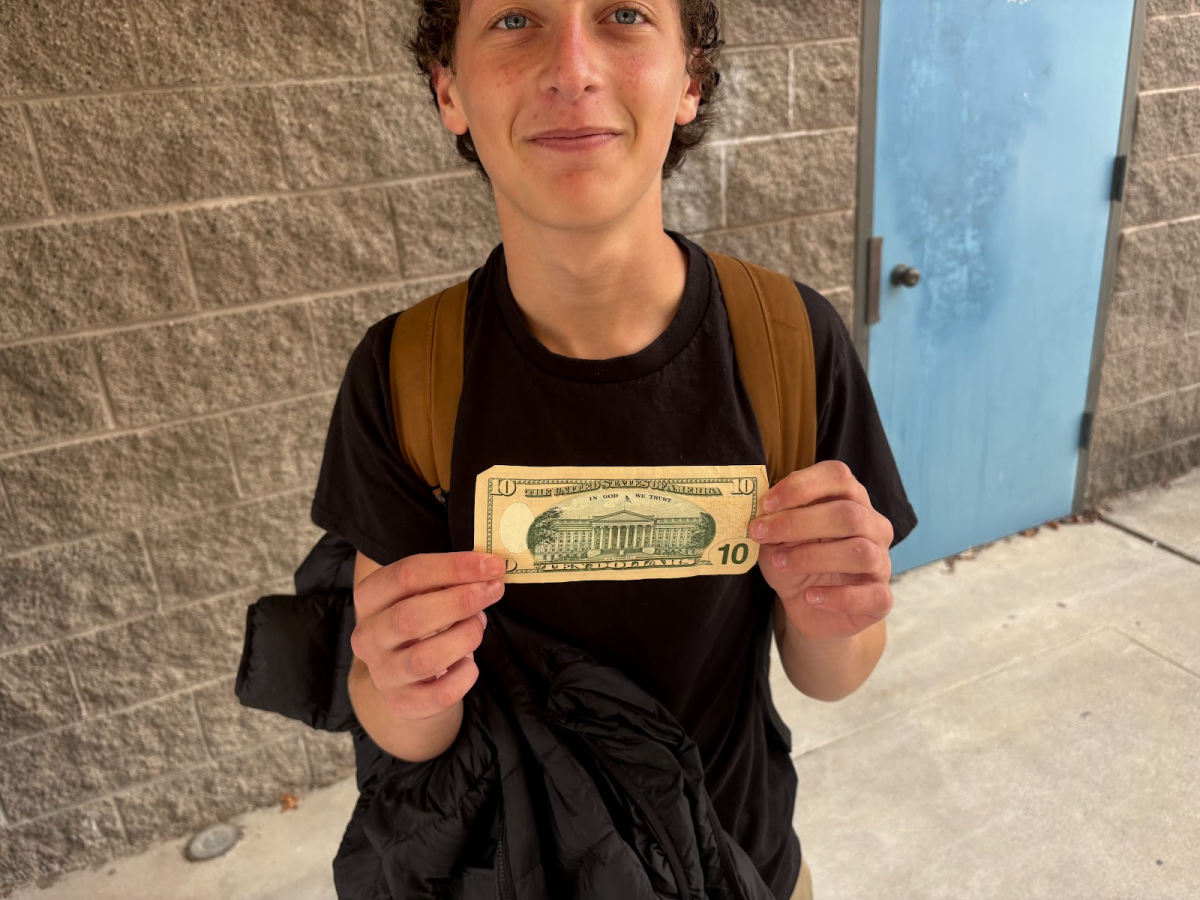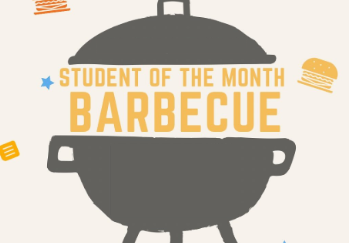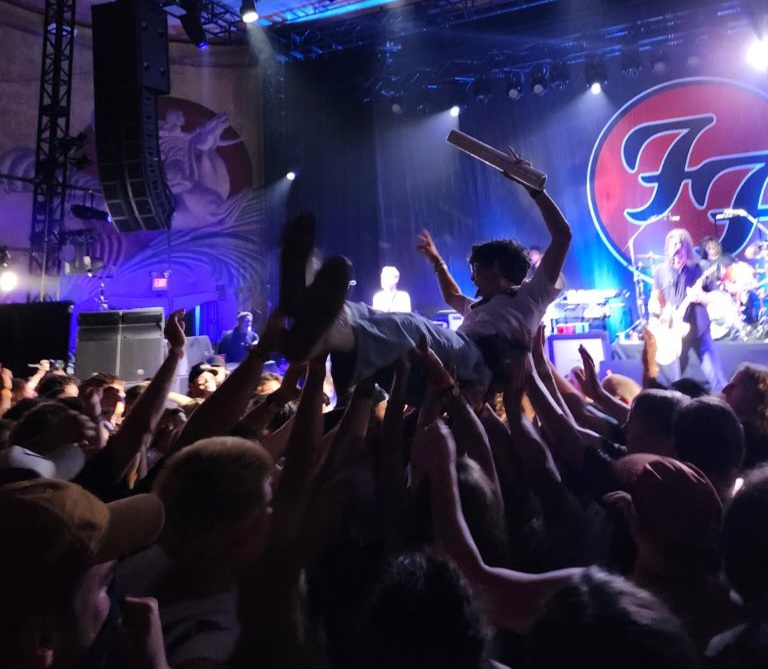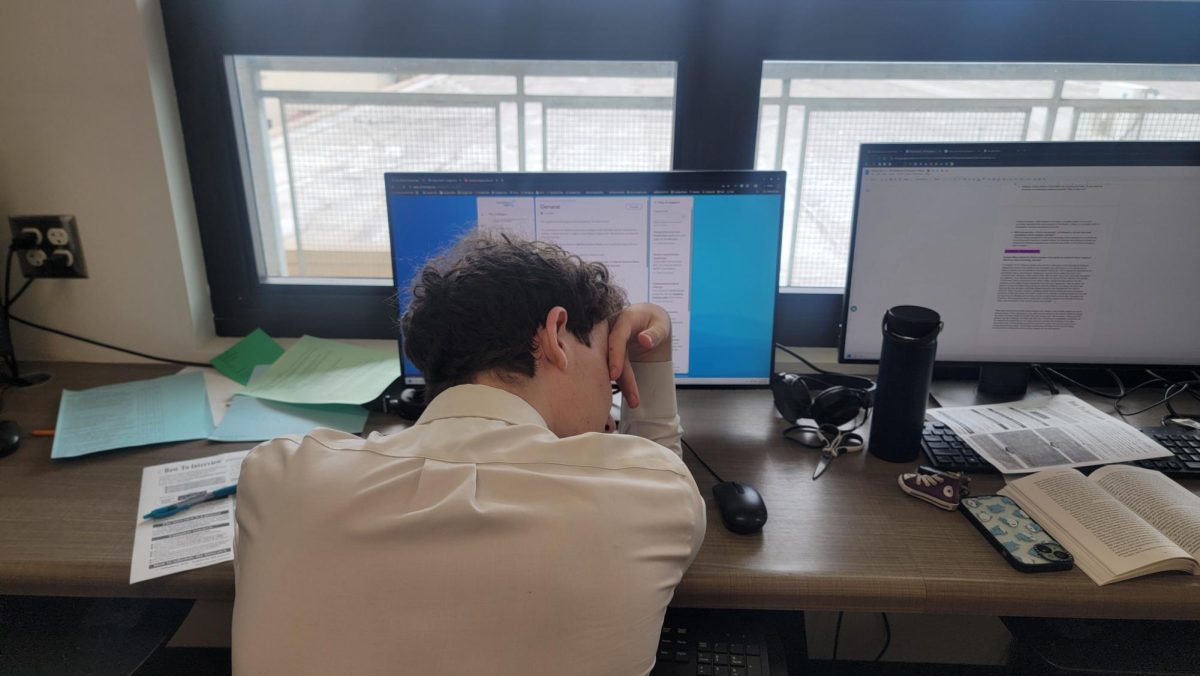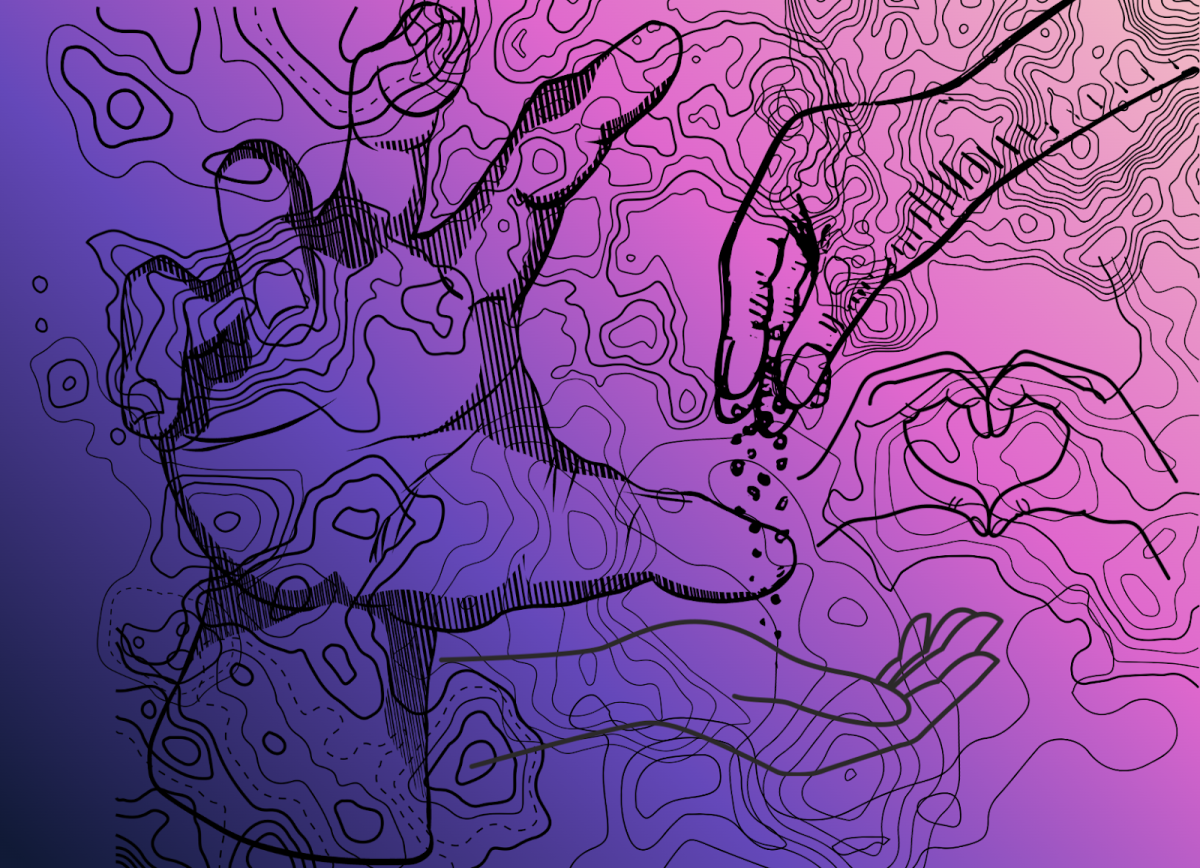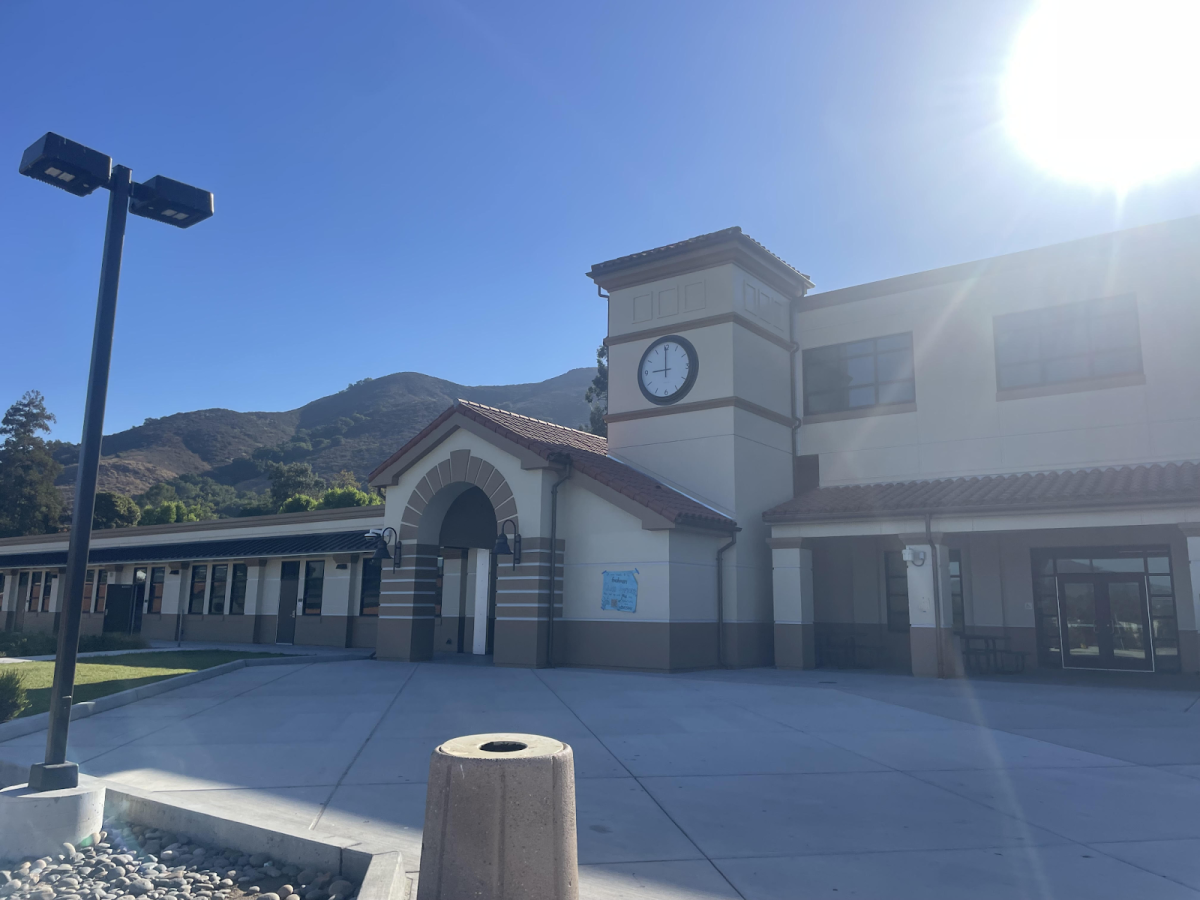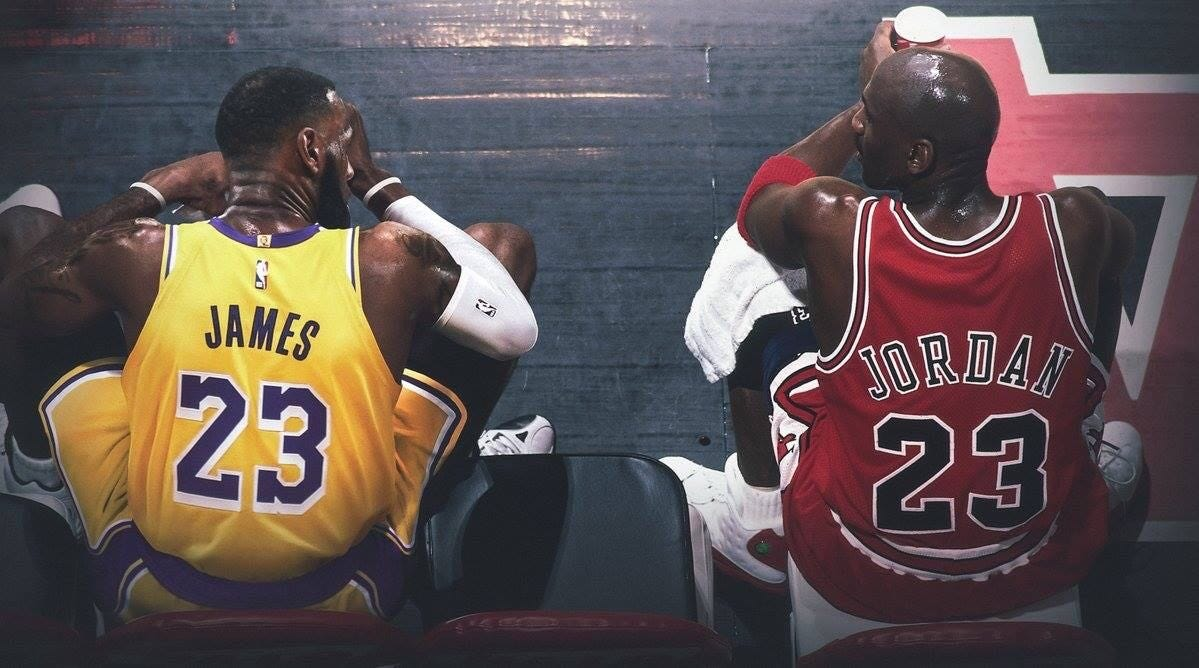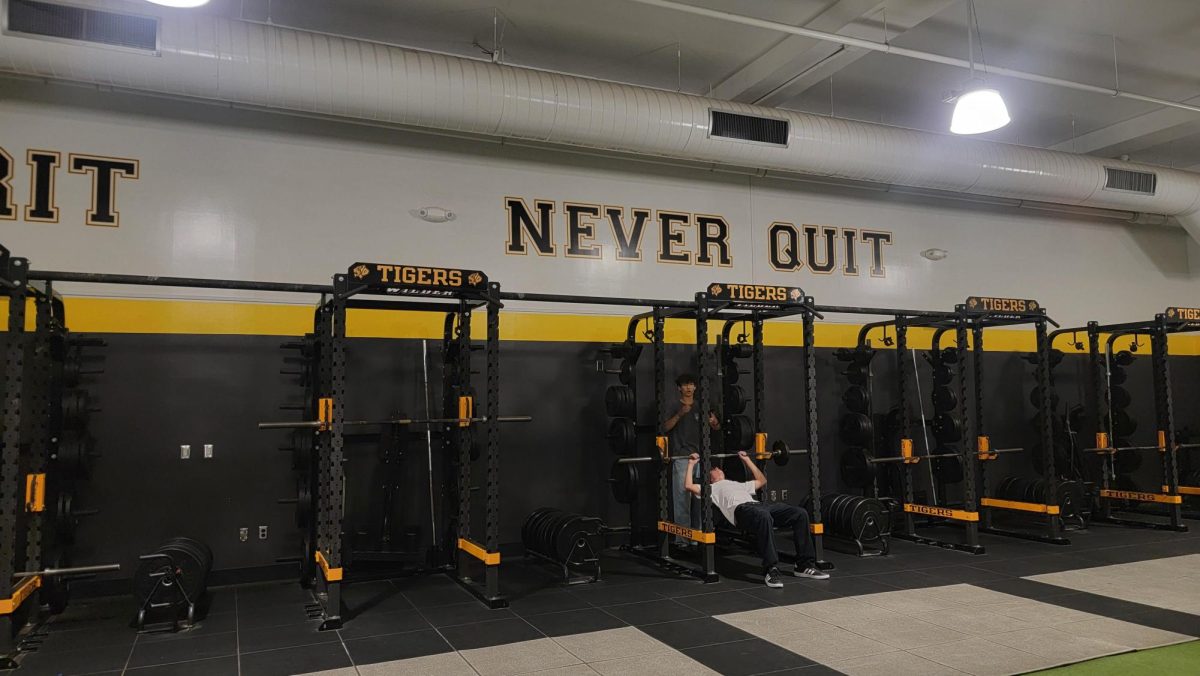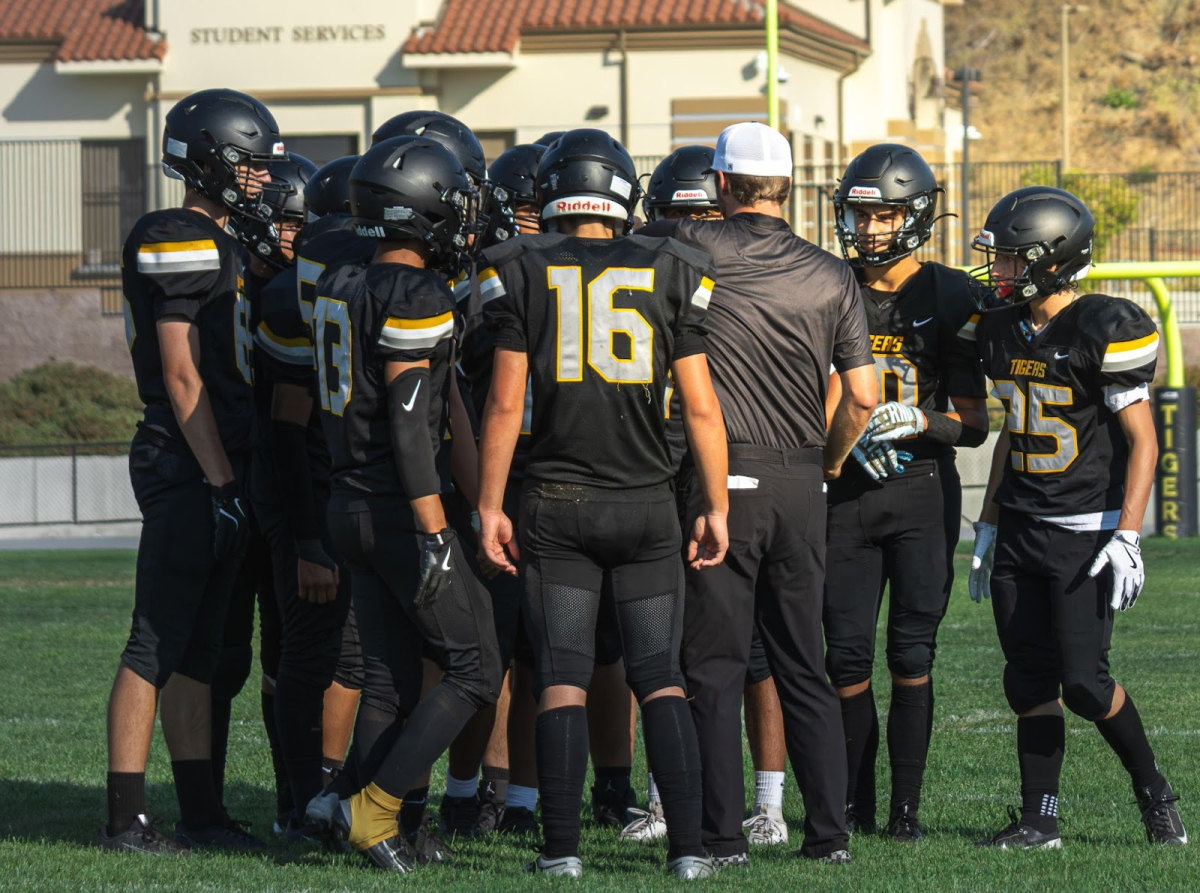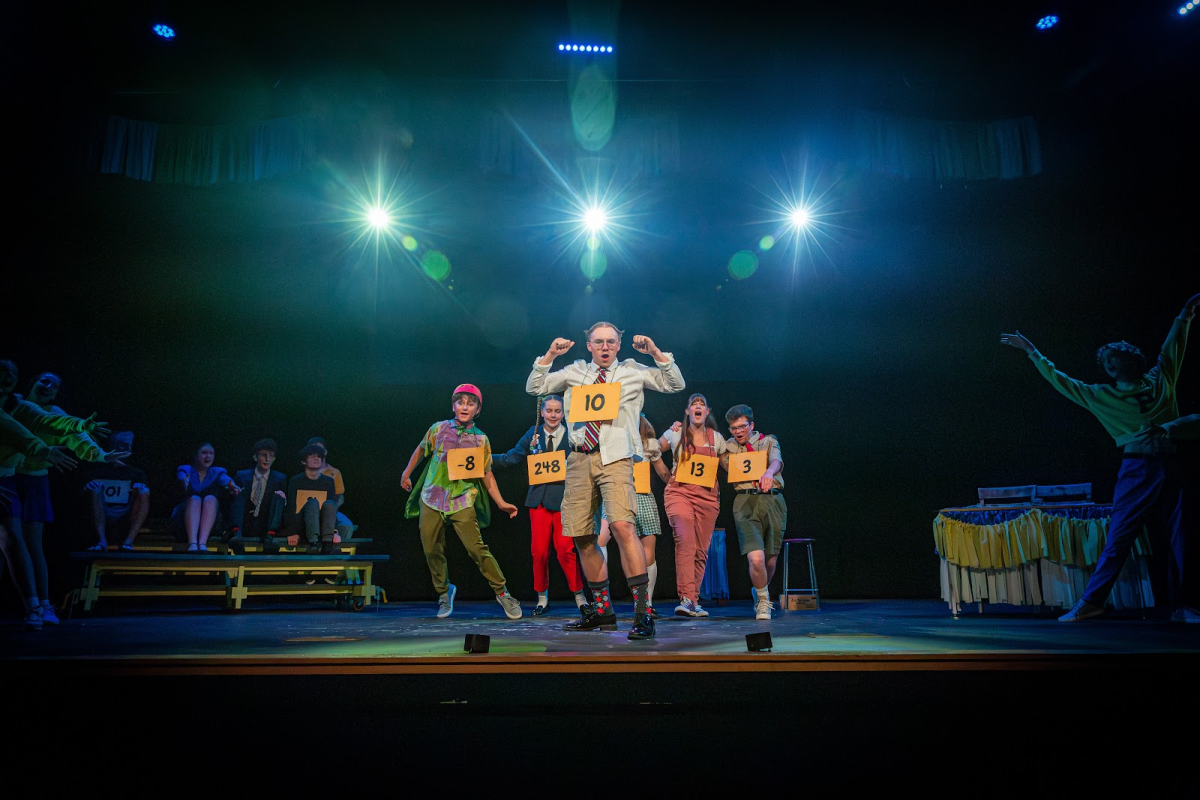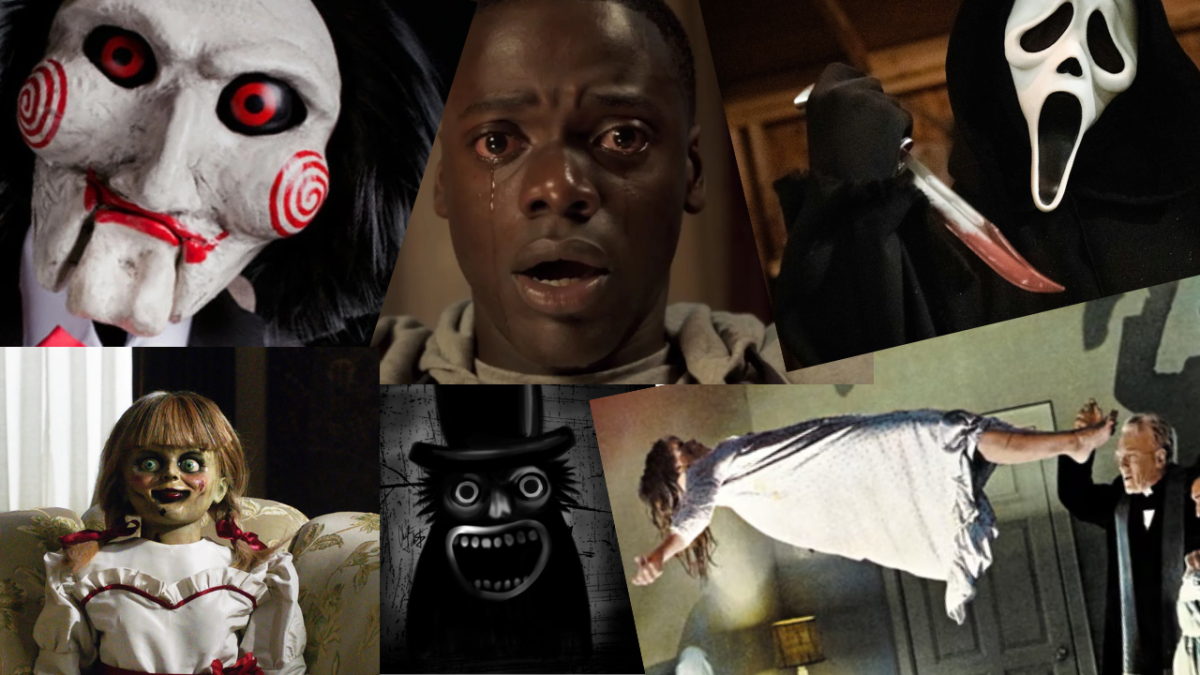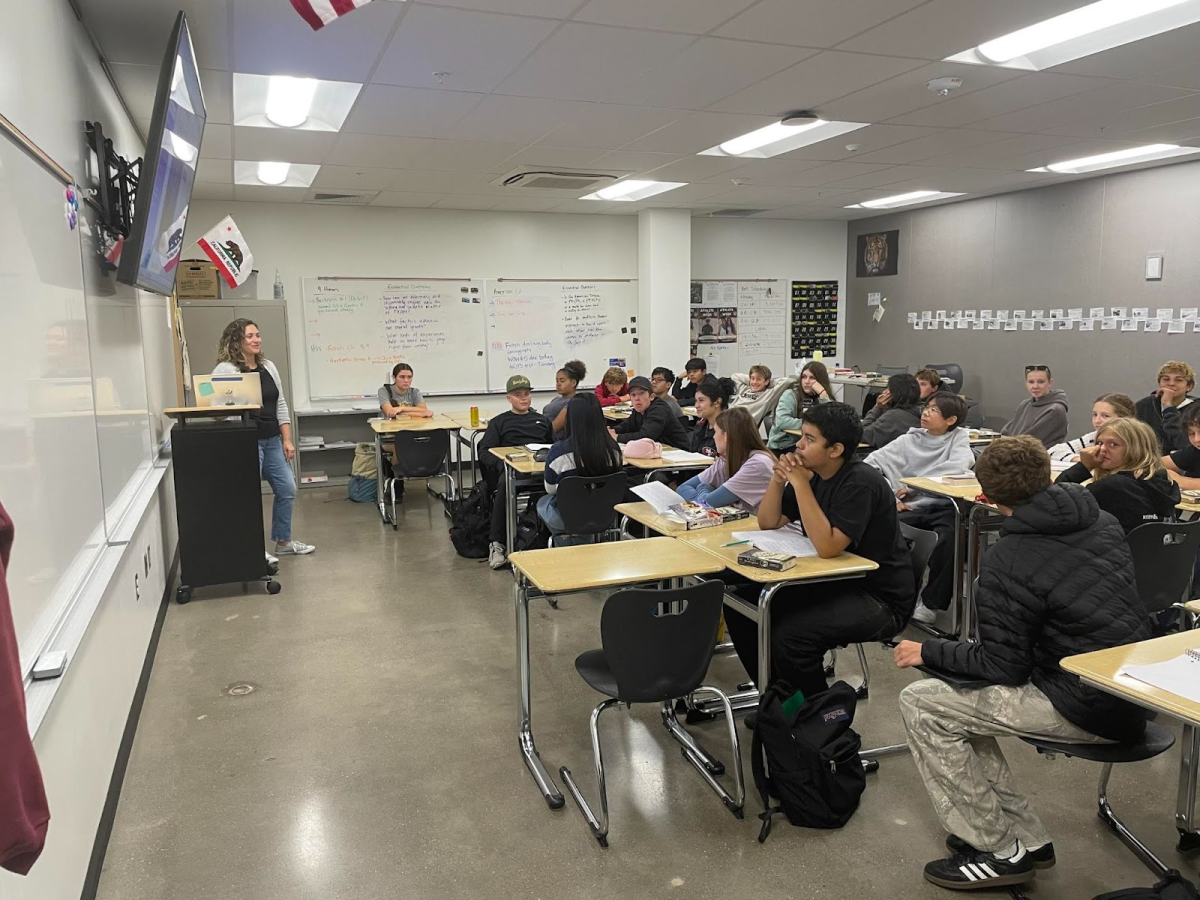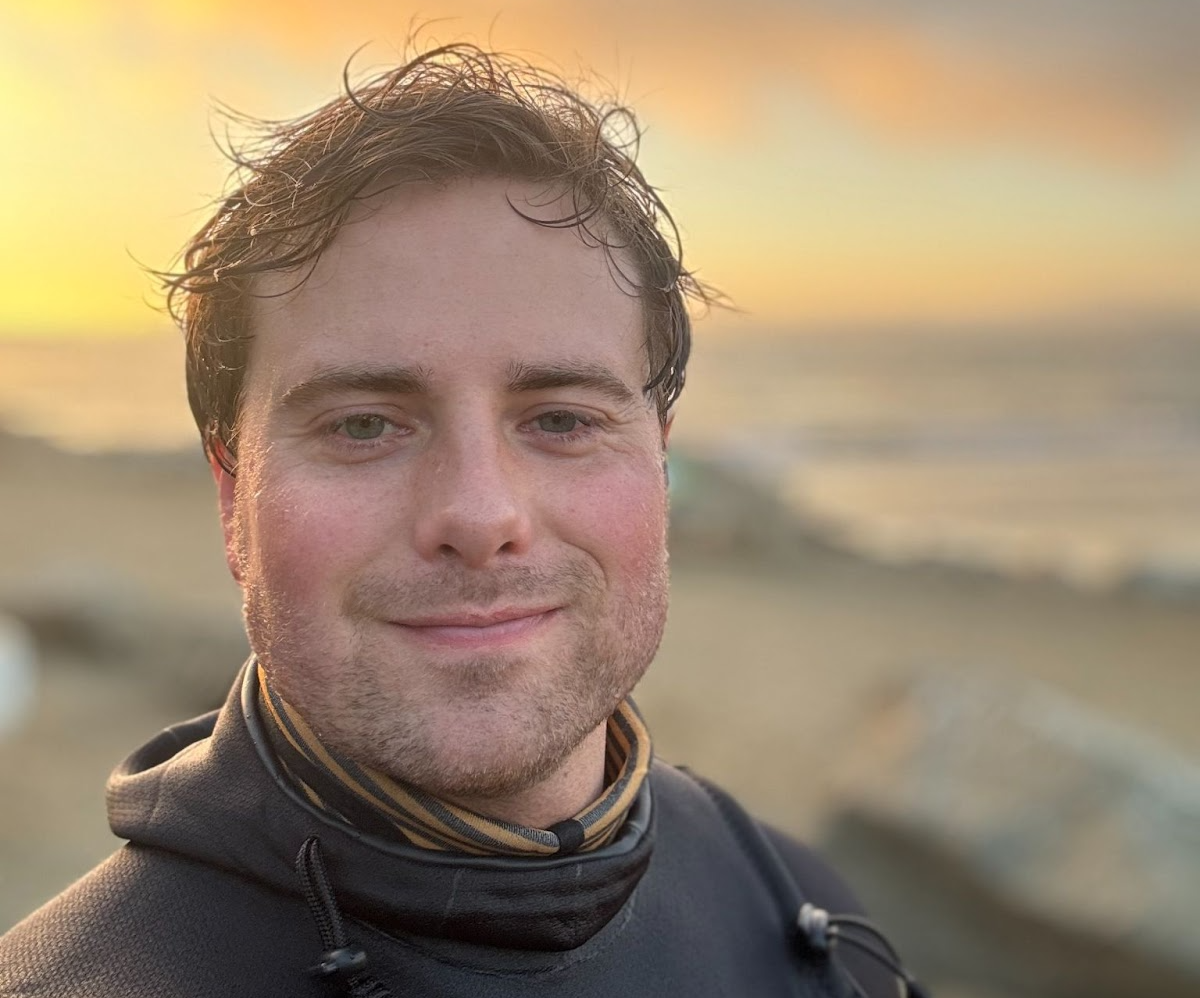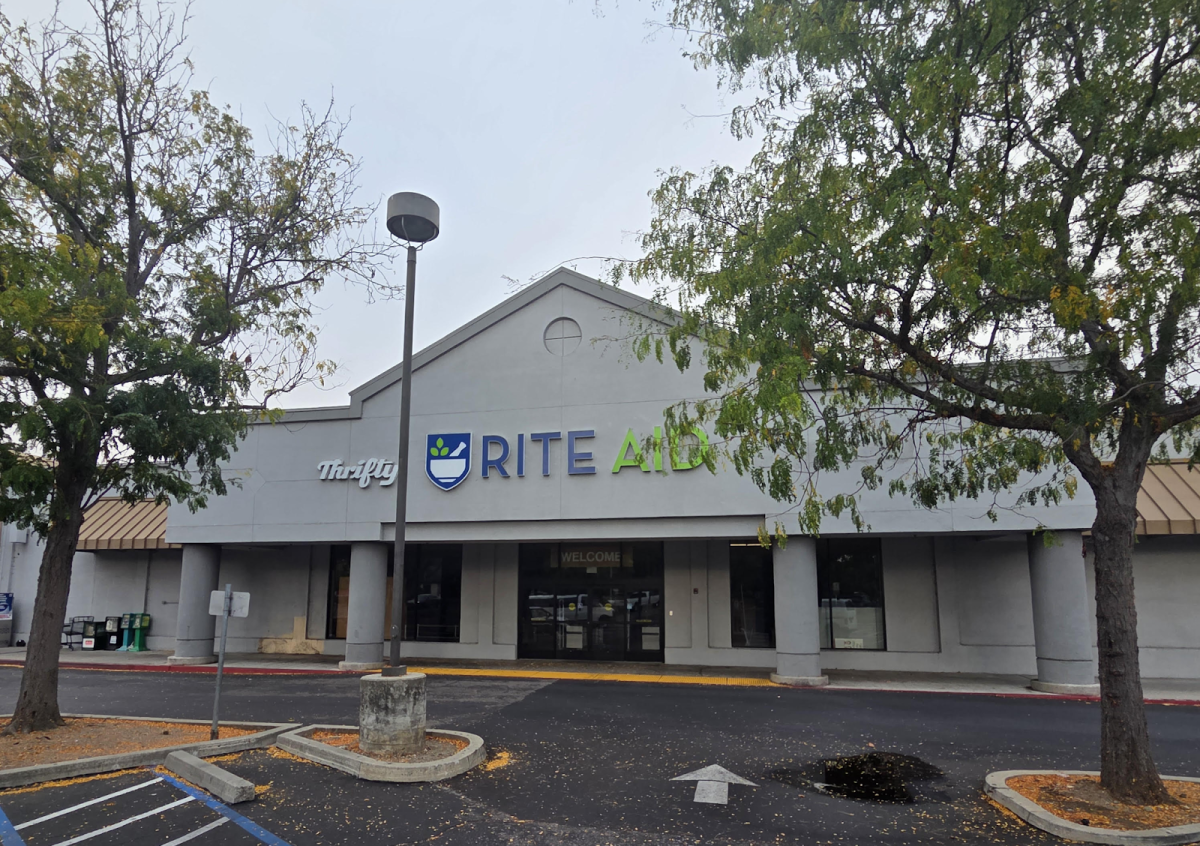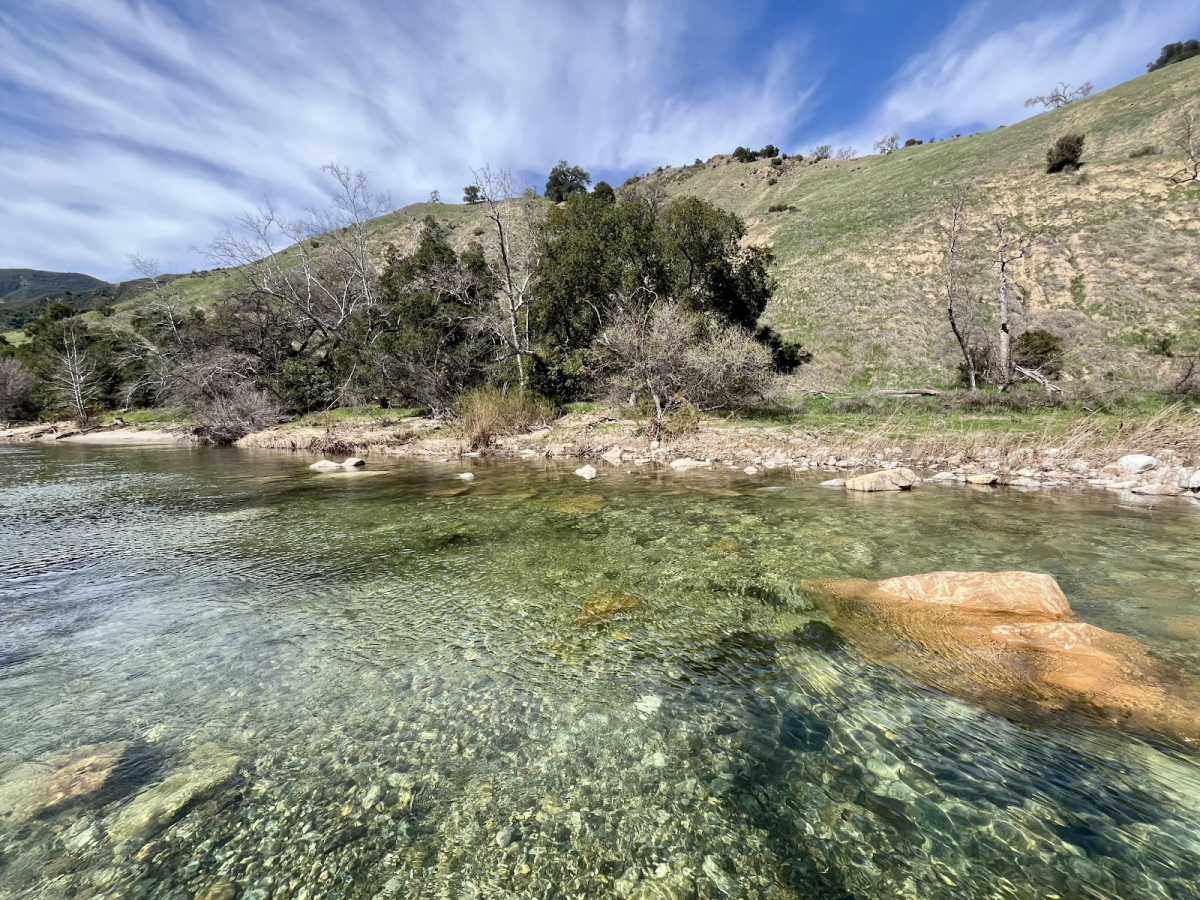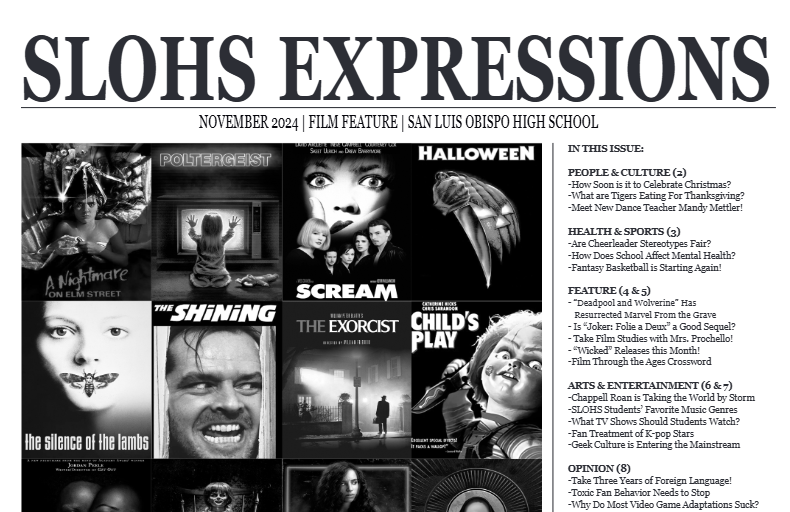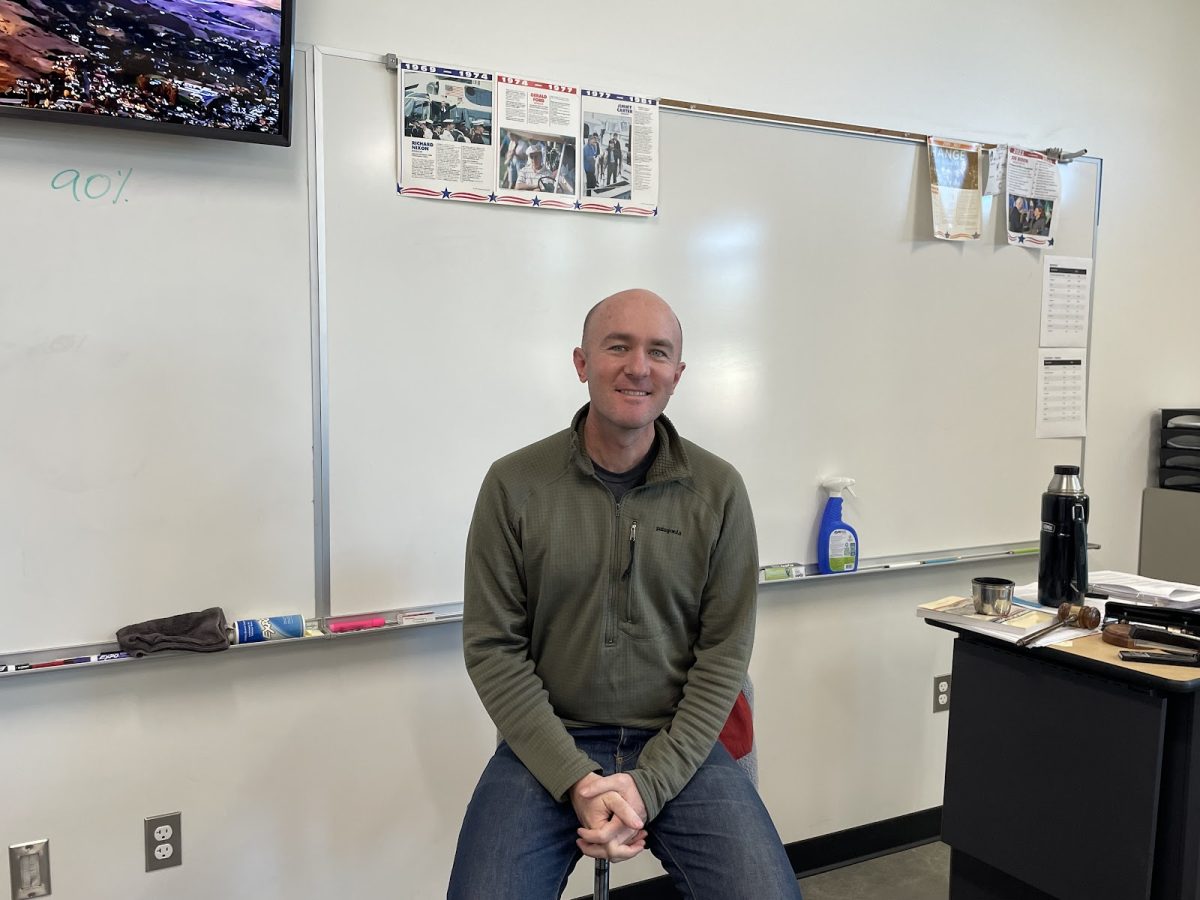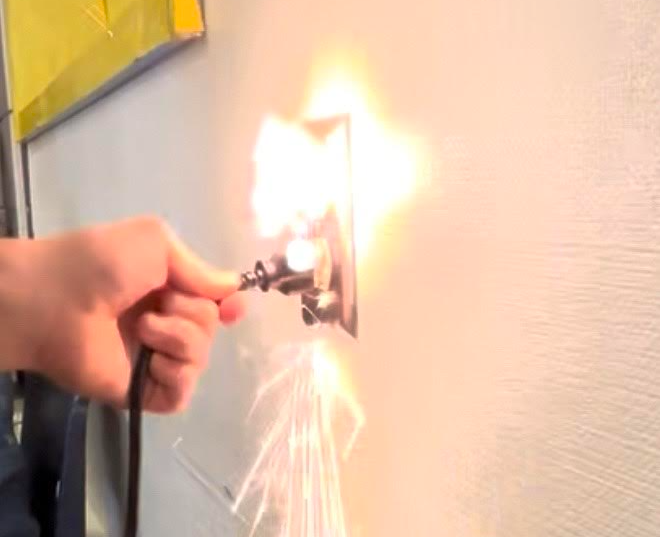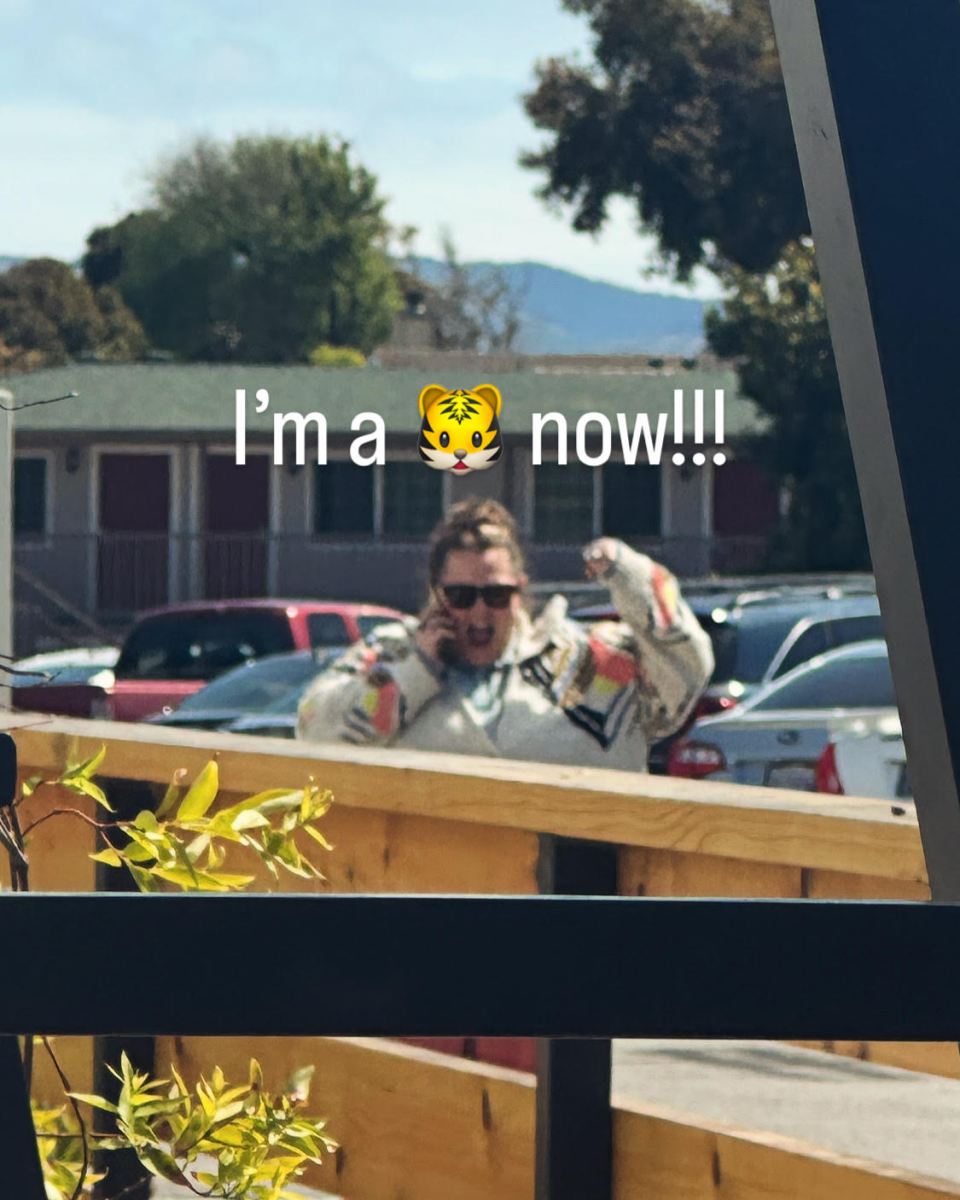This is the man: San Luis Obispo American Government and AP US History Teacher Seamus Perry. Photo courtesy of Reporter Dante De Sio.
There are many great teachers at San Luis Obispo High School, each with their own personalities and backgrounds. However, unknown to many SLOHS students, we have a teacher that walked the halls of the White House before those of our 500 building.
American government and AP US History teacher Seamus Perry has been all over the country and many other parts of the world as well, with the Obama Administration.
As too many students don’t know many of the impressive exploits and experiences of Seamus Perry, Expressions set out to hear Perry’s story from the man himself.
Expressions: What was your job in the Obama Administration?
SLOHS American Government Teacher Seamus Perry: I had a few different jobs. I started as something called an advance associate, and then I actually worked in the Commerce Department for about a year and a half doing advance work for the Secretary of Commerce. And then when I moved back to the White House I was the trip coordinator and Deputy Director of Advance.
Expressions: What tasks did your job entail?
Perry: On any trip, any time the president actually leaves the White House, there’s a whole bunch of people who have to go with him. Military members, secret service, staff members, all those folks. So a big part of my job was just coordinating all those people. Who was gonna go, which roles were gonna be filled by which people, did everybody know what they were supposed to do, and all that kind of stuff. There are a lot of people who worry about what the president is doing, where he’s gonna walk, and where he’s gonna sit, and all that stuff. But, there are -I’d say 50 to 75 people- traveling with him. A lot of my job was basically figuring out what those people are gonna do. Does the president have the people who he needs, are they in the right place?
Expressions: How did you become the Senior Trip Manager?
Perry: So I started working in politics even before I went to college. I took a year off between my senior year and starting college. I was an intern on a presidential campaign in 2000, a guy named Bill Bradley was running for president, and he lost, but political campaigns are kind of a small circle of people. So the people that worked on that campaign go on to work on other campaigns, and you sort of get to know people, and they are gonna offer you jobs. So after I worked for Bradley I went to college, but then when I graduated John Carey was running for president and I was able to get hired on with him. And then it kind of just goes on from there.
Expressions: How many trips would you be planning a week during your time in the White House?
Perry: That’s a good question. It varied. Sometimes it might only be one. If it was a big international trip it was just one trip. I mean. you were making multiple stops, but it is one big trip. But I would say if we were not doing a big international thing, we were usually on any given week probably had 2-3 trips where we were going to get on the plane and go somewhere. In town if we were staying in Washington D.C. it’s much less coordination and we would do 3-5 of those a week where [the president] was going to a hotel or one of the departments and meeting with people.
Expressions: Along with the president, who did you plan trips for?
Perry: No, so each of the “principles” we called them: President Obama, Mrs. Obama, Vice president Biden, and Jill Biden all had their own sort of little office that was doing that stuff for them. So a lot of times our travel would overlap. Obviously with the first lady or the kids, but our focus was the president.
Expressions: What departments would you work with when planning trips for the president?
Perry: So mostly the military, and there are a whole bunch of military members that work at the White House that deal with the president’s immediate transportation needs and things like that. It sounds silly, but somebody has to do it. The president has valets, essentially you can think of them as butlers, but they were navy officers. So you would work with them. Air Force One had a whole office in the White House that would handle who are we buying gas from, and is the runway big enough to land Air Force One or whatever plane we’re dealing with? And the marines handle the helicopters, the army handles the cars. So there was a whole office in the White House that had a bunch of military members from all these different agencies. Then you would have secret service, and secret service obviously does their security concerns. But even within the staff there were lots of different offices. So we would always have, for instance, someone from the National Security Council, which is essentially the president’s foreign policy advisors. One of them would have to be [with the president] every time we left the White House. And somebody from the Chief of Staff’s office would have to always be there. Somebody who could talk to the press, so the communications office would have to be there. If the president was going to make remarks then you would have a speech writer and researcher who worked on that speech. Yeah, so there were a million different people.
Expressions: What was your favorite place to go to?
Perry: We most of the time would not repeatedly travel, I mean I always liked coming home to California even though we didn’t travel here that much. But usually the trip everybody looked forward to was Hawaii. President Obama, being from there, would go back usually once a year around the holidays- winter break. We would spend a week, or two weeks in Hawaii, and the nice thing for us as the staff was he mostly wanted to just hang out with his family and go to the beach and do all that kind of stuff, so there wasn’t a lot we had to do. So we were there almost -not entirely- but almost just in case. If something happened we could do what we had to do but if nothing was happening you could hang out in Hawaii.
Expressions: What inspired you to pursue teaching after your time in the White House?
Perry: So I think the reason a lot of people do politics, the reason I did politics, was that you are idealistic. So little gets done in government you have to, I think, by nature be idealistic about what is possible. So I would say after I left I felt like I still wanted to make a difference, I still wanted to make a positive impact on people’s lives, and teaching in my opinion -and not everybody shares that opinion- but in my opinion it shares that same quality. So I had a couple of friends from college who were teachers and I spent some time in their classrooms and just kinda thought about “Is this something I want to do?” And decided yeah, so I went back and got my credential.”
Expressions: Did you ever imagine you would work in the White House growing up?
Perry: I grew up in Los Osos, I’m a local kid, and my family was interested in politics, we talked about it, but nobody had done politics. So, just the notion, even the idea of working on a presidential campaign, when I was in high school was like, you could daydream about it but not something that was a real possibility. It wasn’t really until I started doing that that it became something where you’re like, “Oh, these people are just like me, I can do this!”
Expressions: Given the opportunity, would you take this job again if offered?
Perry: Not that job, no. I think I will always have a little bit of wanting to make the world a better place and right now I’m really happy teaching. But you know, sure if the right thing opens up, you’re always open, I think you have to be open to different possibilities, but not the job that I had. It was a great job when I was 20, but that is probably not something I would do.
Expressions: Which is more difficult to manage: trips for the President of The United States, or high school students?
Perry: I don’t know, you know, it depends on the day. Mostly I would say probably the president, although I mean as a teacher -I don’t know if other teachers feel this way- but I certainly like when I was doing my student teaching for the first time your standing in front of a room of you know, 30 kids that are sort of staring at you like “Okay, what do you got?” It gets very intimidating, whereas when you’re at the White House you’re dealing with people a lot of times- you do not like presenting the way you are as a teacher. So that part of it was a little scary.
Perry has proven that sometimes some of the most interesting stories are where you’d least expect them. And where better to start one than here at SLOHS?

